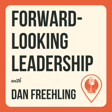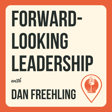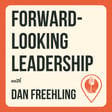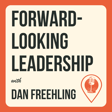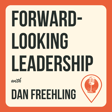
Dan Bredeson on Planting the Seeds of Winning Cultures
Organizational culture and leadership consultant Dan Bredeson (danbredeson.com) joins host Dan Freehling (contempusleadership.com) to discuss his new book "Seeds of Culture" and the importance of cultivating, rather than attempting to construct, a culture of commitment in organizations. Bredeson shares his observations from his career as a leader in the insurance industry, where he noticed the discrepancy between the desired culture of executives and the actual culture on the ground in client firms. He emphasizes the need for leaders to think like farmers, nurturing and growing culture over time, rather than thinking like carpenters in trying to artificially build culture. Bredeson identifies six traits of successful culture farmers, including affinity for people, making culture a priority, bringing the right energy, being authentic, growing credibility, and demonstrating integrity. Bredeson also discusses the importance of effective communication, ethics, psychological safety, diversity and inclusion, generosity, autonomy, and mutual accountability in building a strong culture. Recommended reading: "Leading Change" by John Kotter, "The Four Disciplines of Execution" by Chris McChesney, and "Developing the Leader Within You" by John Maxwell. Show notes at forwardlookingleadership.com.
